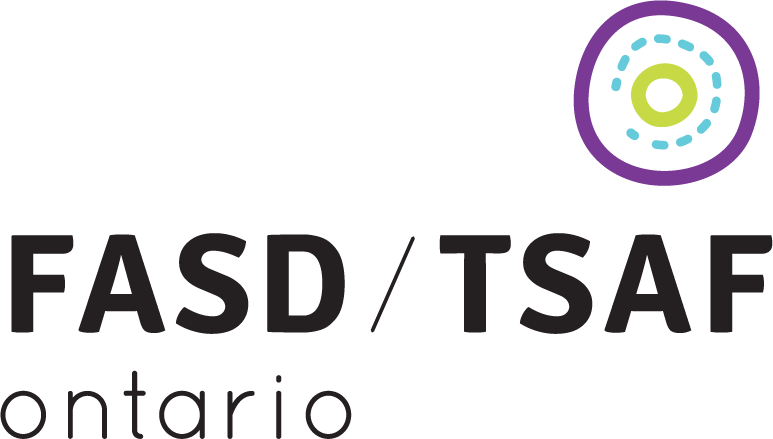What is Your Superpower?: Growing and Glowing with FASD
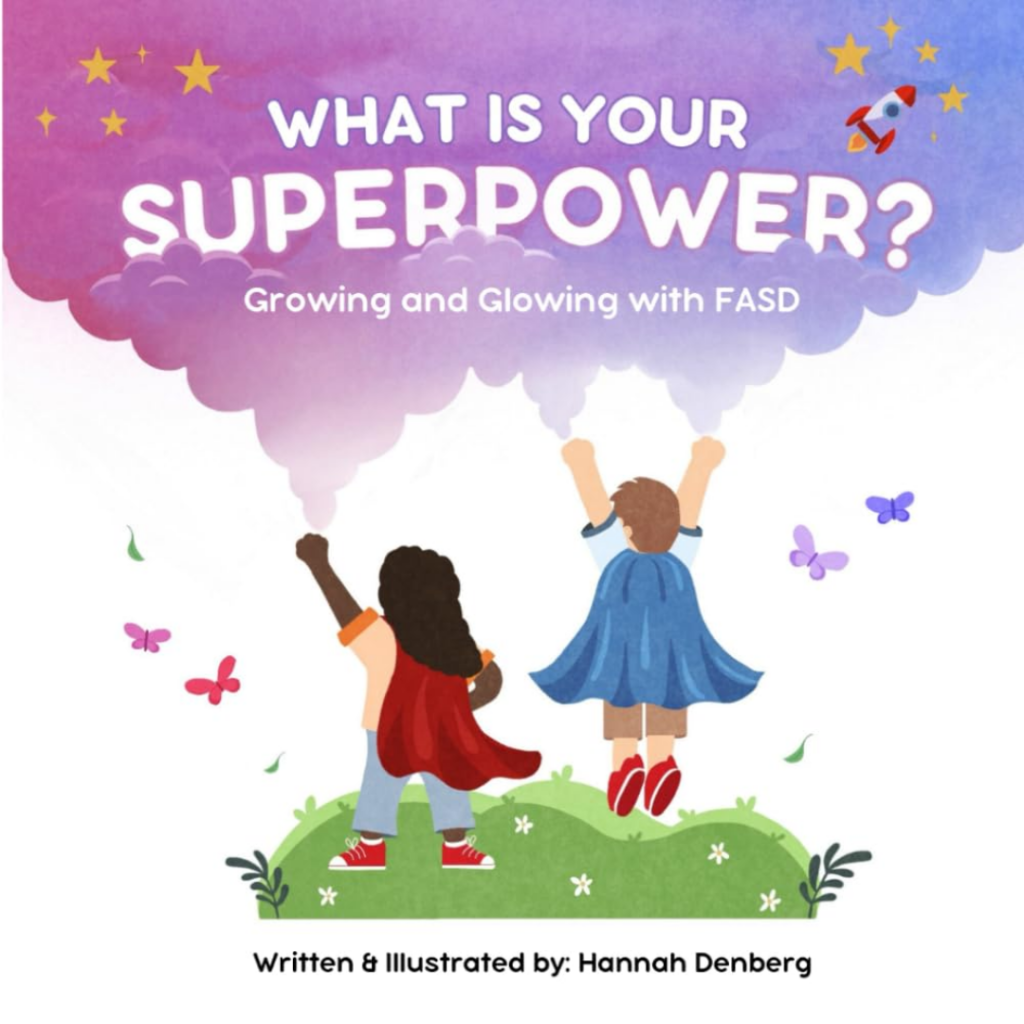
Hannah Denberg gives a live reading of her beloved children’s book, ‘What is Your Superpower?: Growing and Glowing with FASD’.
Watch author Hannah Denberg read her children’s book about FASD
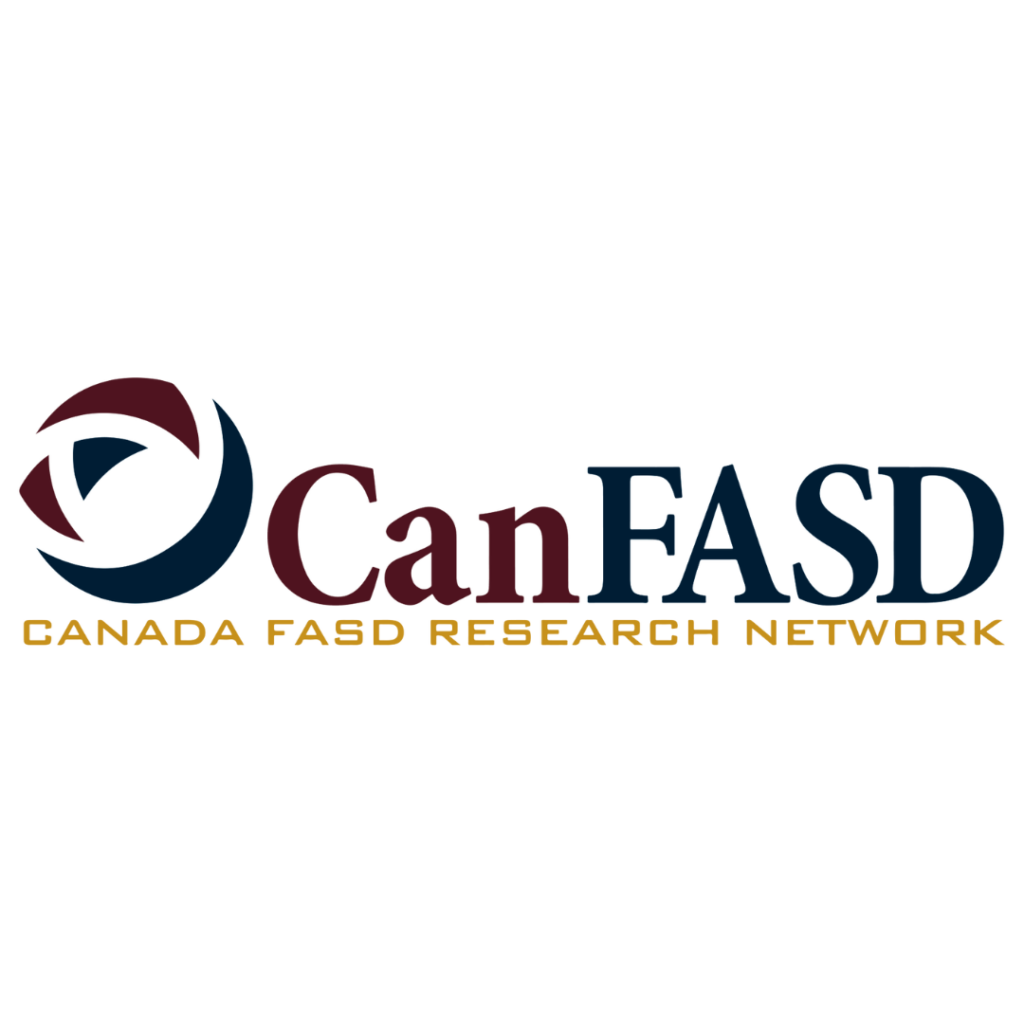
Storytelling has a magical way of connecting us, especially when it comes to children’s books. There’s something incredibly special about hearing the author bring their own characters and world to life through their voice. Today, we’re thrilled to share a special treat with you — a video of author Hannah Denberg reading her book “What is Your Superpower?”
A National Caregiving Strategy for Canada
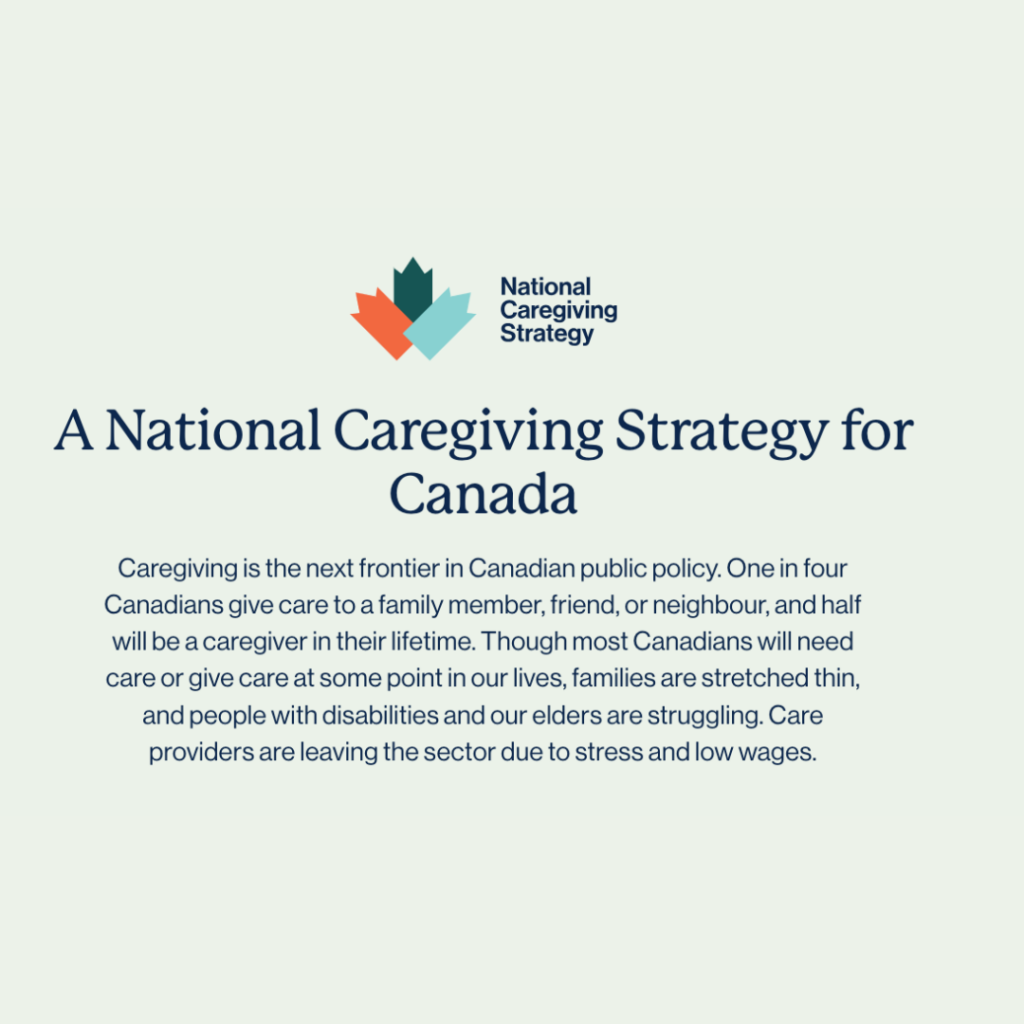
A National Caregiving Strategy for Canada contains actionable public policy solutions to address the biggest challenges faced by caregivers, care recipients and care providers across Canada.
How to Explain an FASD Diagnosis to your Child

The following are tips on how to explain the diagnosis of FASD to your child in a way that they can understand, and feel empowered by their disorder.
(KBHN) Disability Policy in Canada
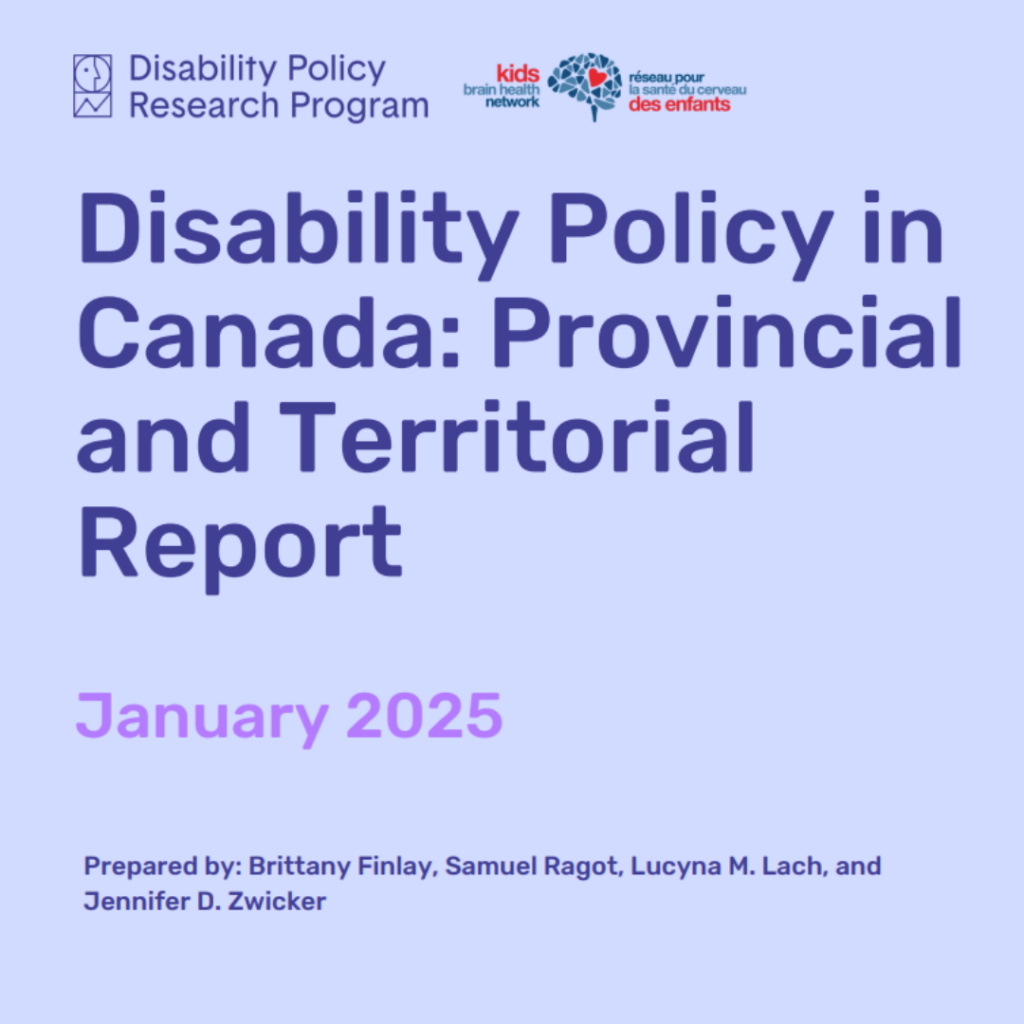
The Disability Policy in Canada Provincial and Territorial Report was commissioned by Kids Brain Health Network (KBHN), and developed in collaboration with researchers from the Disability Policy Research Program (DiPo) and McGill University. The purpose of this report is to provide a comprehensive overview of the current state of disability policy across Canadian provinces and territories. This report can serve as a baseline against which future progress in policy changes can be assessed, or at least understood.
Caregivers’ experiences and perceptions of suicidality among their children and youth with fetal alcohol spectrum disorder

Individuals with Fetal Alcohol Spectrum Disorder (FASD) experience a range of biopsychosocial vulnerabilities that can increase the possibility of adverse life outcomes, including a heightened risk of suicidality. In this study, we explored the lived experiences of caregivers of children and youth with FASD and suicidality, including their perceptions of their child and youth’s suicidal experiences.
Why suicide prevention support is crucial for people with fetal alcohol spectrum disorder

Fetal alcohol spectrum disorder (FASD) is a lifelong disability that affects the brain and body of people prenatally exposed to alcohol. New research is backing concerns raised by the FASD community about the high rates of suicidality among people with FASD.
Evaluation of Brain Alterations and Behavior in Children With Low Levels of Prenatal Alcohol Exposure

The objective of this paper is to compare structural brain alterations and behavioral changes in children with lower levels of prenatal alcohol exposure (PAE) with those of well-matched controls with no PAE.
Towards Healthy Outcomes for Individuals with FASD

All human beings are motivated by the desire to live with purpose and succeed. It’s not enough to simply ‘get by’ in life; we must feel as though we’re meeting expectations set by ourselves and others. People of all abilities need to feel they have a purpose and can contribute to society. However, the path to these experiences may be unique, especially for individuals with Fetal Alcohol Spectrum Disorder (FASD), where the nature of the disability can vary. Finding this path can be even more difficult due to a lack of understanding.
FASD and Education: Strategies for Success (CanFASD)
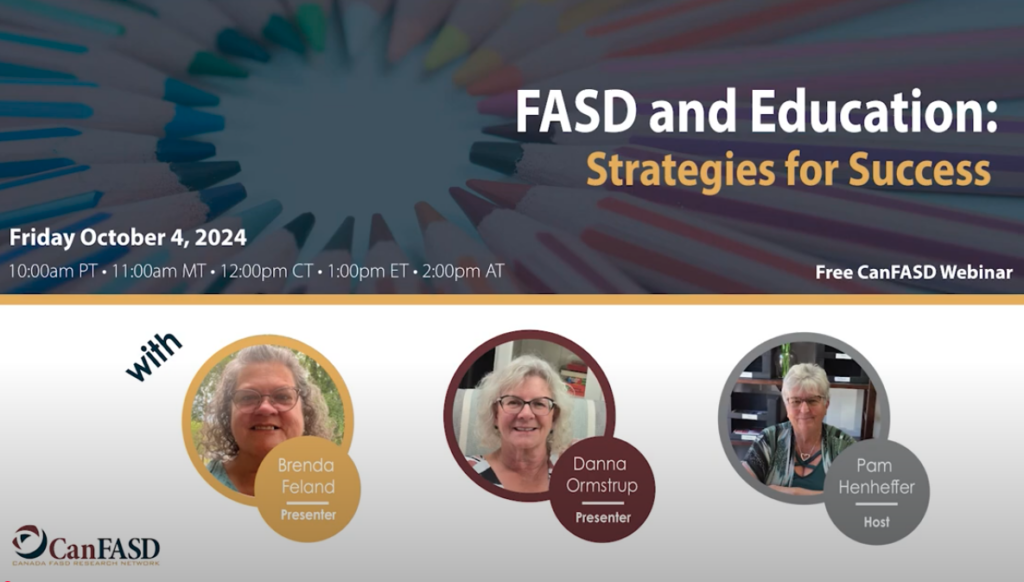
In this webinar recording, presenters Danna Ormstrup and Brenda Feland will share their years of experience working in the FASD and education field.
My Adult FASD Diagnosis: Nothing Changed. And Everything Changed.
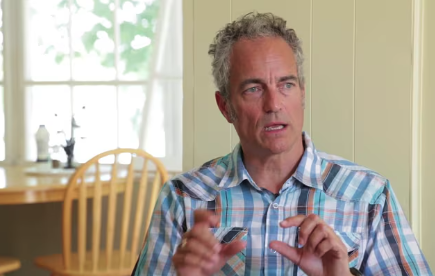
A video by TheBrilliantEye on Youtube about their Adult FASD Diagnosis.
Social work and fetal alcohol spectrum disorders
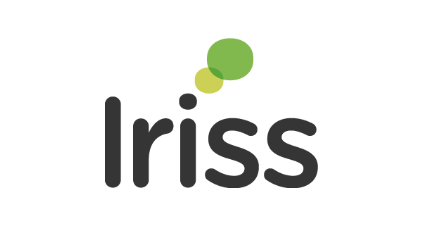
Given the prevalence, severity and impact of fetal alcohol spectrum disorders (FASDs) on individuals and communities, there should be better social work knowledge and understanding of, as well as support for, these disorders. Social workers can play a more positive role in the prevention and identification of FASD, as well as in services supporting those affected by it. Increased awareness and learning opportunities, and more encouragement and resources are necessary for social workers to fulfil their potential in this field.
